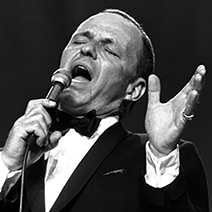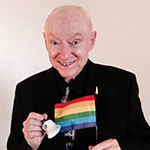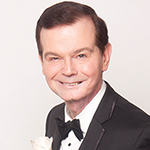54 Salutes Sinatra: Celebrating His Second Century
Feinstein’s/54 Below, NYC, October 13, 2019
Reviewed by Ron Forman for Cabaret Scenes
 Scott Siegel’s monthly edition of 54 Sings Sinatra: Celebrating His Second Century continues to be one of the cabaret world’s most entertaining monthly shows. The premise is quite simple: pick 13 or 14 of the best songs from the Sinatra catalogue and then match them with some of the best vocalists from the Broadway, cabaret, and opera worlds.
Scott Siegel’s monthly edition of 54 Sings Sinatra: Celebrating His Second Century continues to be one of the cabaret world’s most entertaining monthly shows. The premise is quite simple: pick 13 or 14 of the best songs from the Sinatra catalogue and then match them with some of the best vocalists from the Broadway, cabaret, and opera worlds.
Siegel’s incisive and informative introductions to each number tie the pieces together.
https://www.calmandgentledentalcare.co.uk/wp-content/languages/new/wellbutrin.html
Music director John Fischer’s work on piano was an important part of many of the performances, and his arrangements, sometimes quite different from the Sinatra recordings, match the sound and style of the vocalists.
https://www.calmandgentledentalcare.co.uk/wp-content/languages/new/cialis.html
Siegel opened the show by describing how it took four years and a musician’s strike in 1943, to turn the re-release of “All or Nothing at All” into a number one hit. The song was performed slowly but effectively by Willie Demyan, including the verse which I had not heard previously.
buy lexapro online https://www.mydentalplace.com/wp-content/themes/SimplePress/includes/widgets/php/lexapro.html no prescription
Demyan returned to perform “All the Way” dramatically, his way. Michael Winther powerfully belted two numbers: “I’m Gonna Live Till I Die” and a very dramatic “The Gal That Got Away,” ending both with very strong final notes. Fifteen-year-old prodigy Anaïs Reno is a true phenomenon. Her stage presence is that of a seasoned veteran, but more significant than even her mellifluous sound is that she is non-derivative; she performed her two songs in a manner unique to her displaying her ability to scat with a swinging “Pennies from Heaven.
https://www.calmandgentledentalcare.co.uk/wp-content/languages/new/lipitor.html
” Even more impressive was her a very adult “Mood Indigo,” featuring an excellent piano solo by Fischer.
Siegel reminded us that Sinatra did quite a few dance numbers in his three movies with Gene Kelly before introducing song-and-dance man Joshua Israel. Israel did two Sinatraish vocals, “Come Fly with Me” and “Fly Me to the Moon”; his tap dancing interludes in each brought loud cheers from the audience. John DeCaro was impressive in his Feinstein’s/54 Below debut with “My Funny Valentine.
” Brian Charles Rooney performed a rousing “Theme from New York, New York” and had the audience cheering by holding the note on the song’s last “York.” Metropolitan Opera star John Easterlin thrilled the crowd twice with his unplugged (no microphone) performances of “With a Song in My Heart” (which Sinatra never recorded, but did sing on the radio) and his next-to-closing number, “You’ll Never Walk Alone,” in which he held the final note for a breathtaking length of time. Rooney came back to close the show, using a country music approach on “That’s Life.
”





